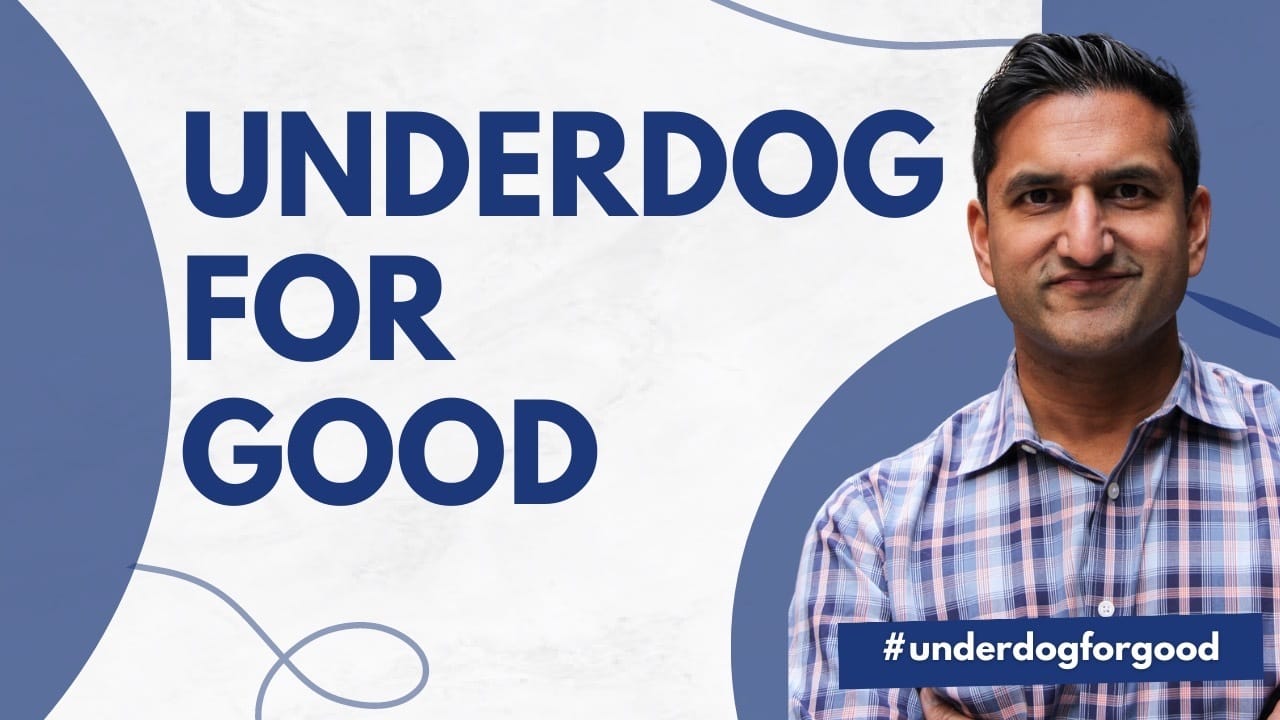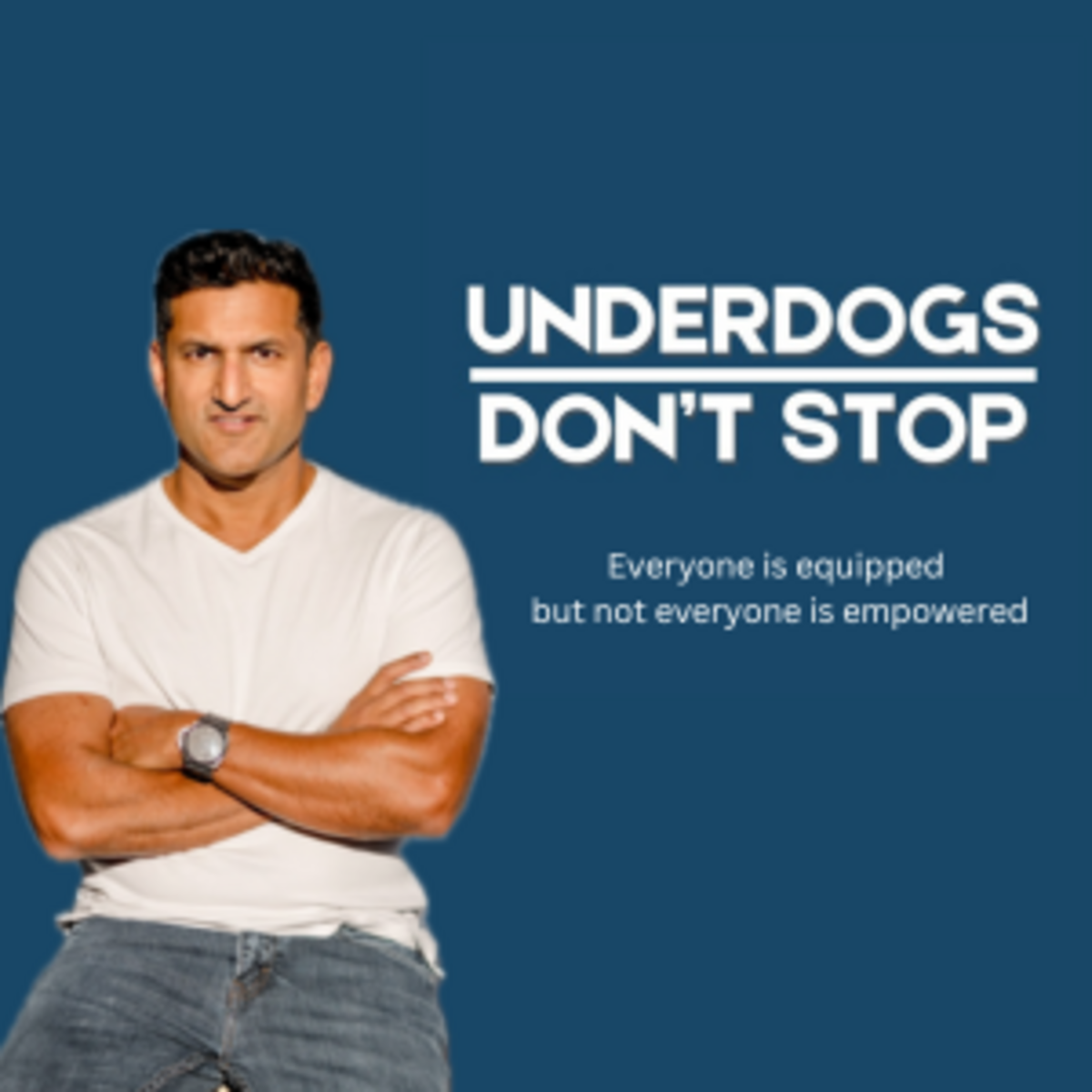
From No to a Nobel: The Power of Perseverance

Katalin Karikó is a prime example of perseverance in the face of adversity in academia. She was raised in Hungary in a small home without running water or a refrigerator, but with an interest in biology, eventually obtained a degree in biology and a Ph.D. in biochemistry. In 1985, the lab she was working with lost their funding and she had to seek work at institutions in other countries.
After selling their car to get a small amount of money for travel, Karikó left Hungary with her 2-year-old daughter and husband. She continued her research at Temple University and eventually ended up at the University of Pennsylvania in 1989.
She spent two decades working at the University of Pennsylvania, specifically on messenger RNA (mRNA). Despite her research progress, she couldn't secure grant money, got demoted, never made tenure, and was told she was "not of faculty quality."
She faced a pretty hard "NO" from the esteemed journal Nature for her mRNA paper, which they shrugged off as just a "small step."
One day in 1997 in front of a photocopier, she met Dr. Drew Weissman, an immunologist who was working on vaccines for HIV without any success. They shared what they were working on and became teammates in the journey to use mRNA in vaccines. Weissman's research funding helped them both make progress in immunology and biochemistry and commented that "we had to fight the entire way.”

Fast forward to 2013, and they are with BioNTech, a German biotech firm, where Karikó became a vice president. Come 2018, they're teaming up with Pfizer, making strides in mRNA vaccines. And when COVID-19 went around the globe, their research was key to the first effective vaccine. Karikó and Weissman went through many hurdles to get their research into a global application.
They recently capped off their journey with a Nobel Prize in physiology, and it's a testament to their belief in their work over external validation that has brought impact to the world.

The Value of Perseverance
But what about the ones who persevere and don't get the results they want in their lifetime?
Is it easier to speak about when there is a prize awarded for many years of work and now we look back and justify the years and rejections it took to get this project to the forefront?
But are we measuring this only on the outcome, or can we support each other when we truly believe, truly are curious, and truly want to work on something that gives us fulfillment?
When we find fulfillment, we are happier and more productive, and the outcome has less weight than the process itself.
Leaders encourage us all to find that for ourselves and to support other people as they work along their journey. We can't forget the power of encouragement and it can help others find their way.

“The tragedy in life doesn’t lie in not reaching your goal. The tragedy lies in having no goal to reach.” - Benjamin E. Mays
How can we learn to persevere? Here are a few tips 💡 to work on when we find something worth working towards.
1. Set Clear Goals: Know what you're working towards to keep your focus sharp. We may have to revisit this often.
2. Break It Down: Divide bigger tasks into smaller, manageable chunks. Small tasks don’t overwhelm us.

3. Develop a Routine: Consistency can help you build resilience over time. Pick a time in the day or prioritize it when scheduling the week.
4. Find a Support System: Lean on friends, family, or mentors for emotional support. Asking for help is encouraged. Read that again.
5. Stay Positive: A positive mindset can help you power through tough times and keep you open to changes that come your way.
6. Celebrate Small Wins: Recognizing small achievements can keep you motivated for the long haul.
The more we can practice these tips, the greater the chance to find our fulfillment and persevere through the challenges ahead. Every step we take contributes to our forward ➡️ progress.


